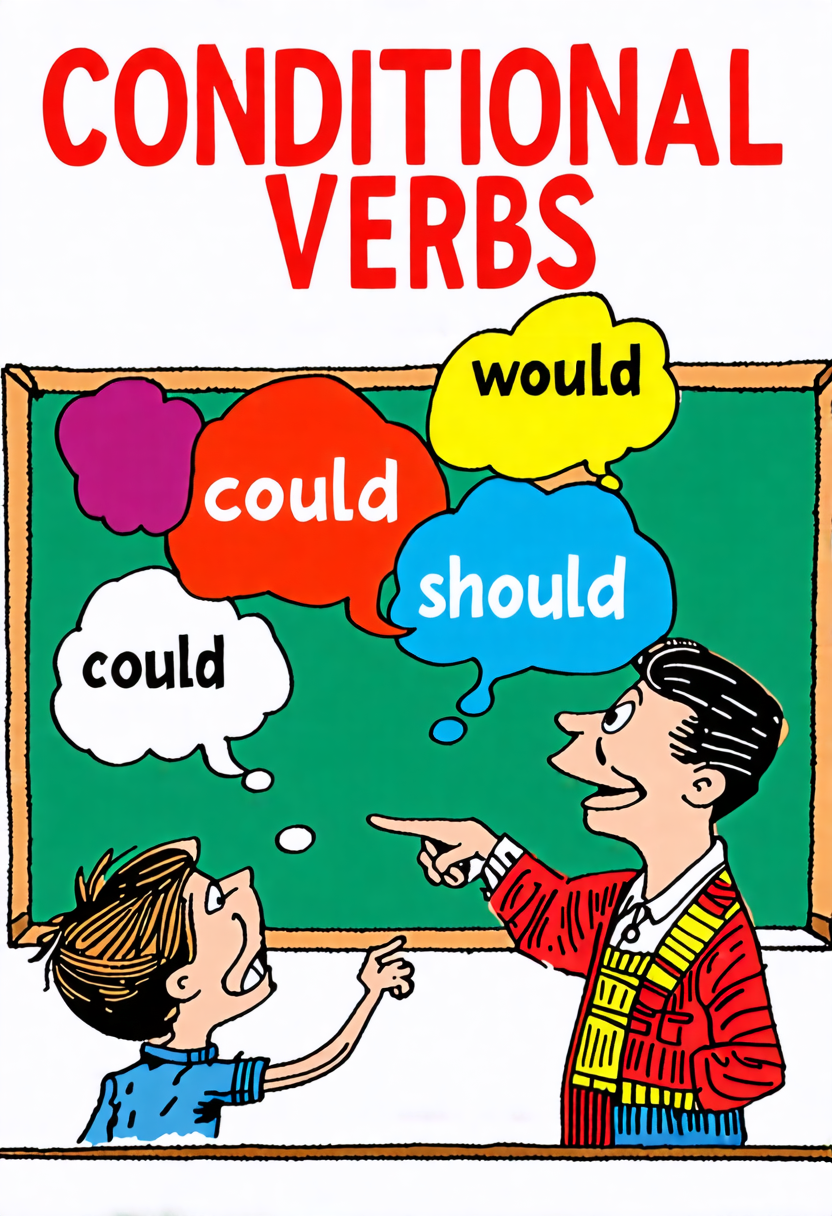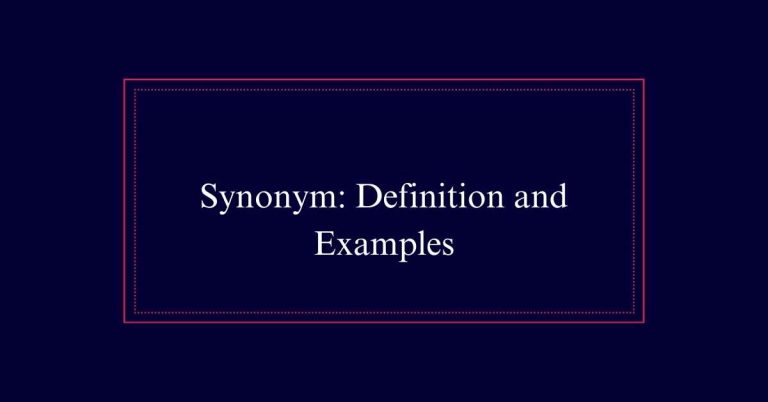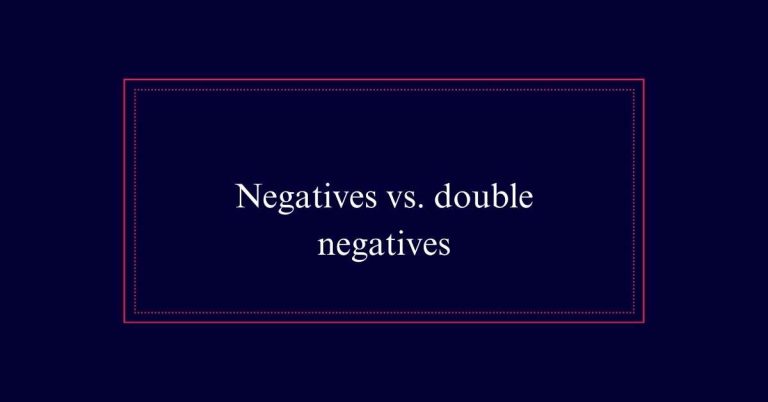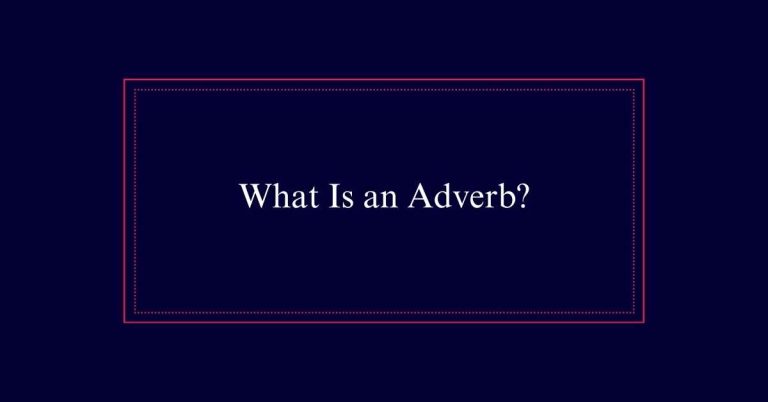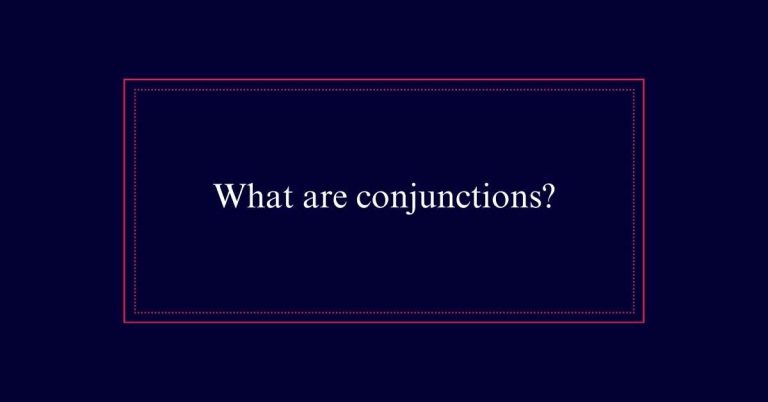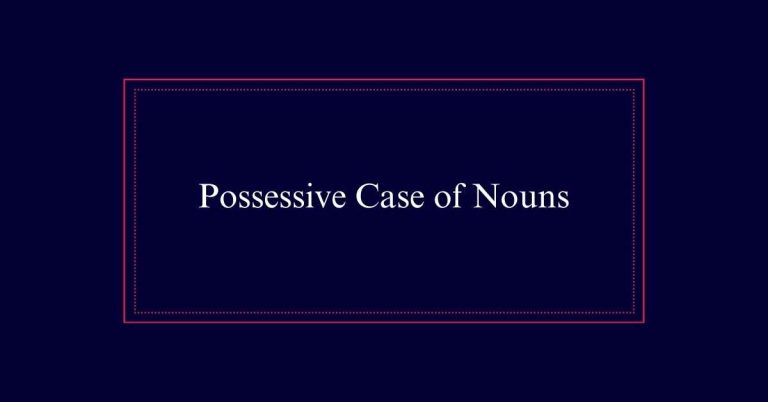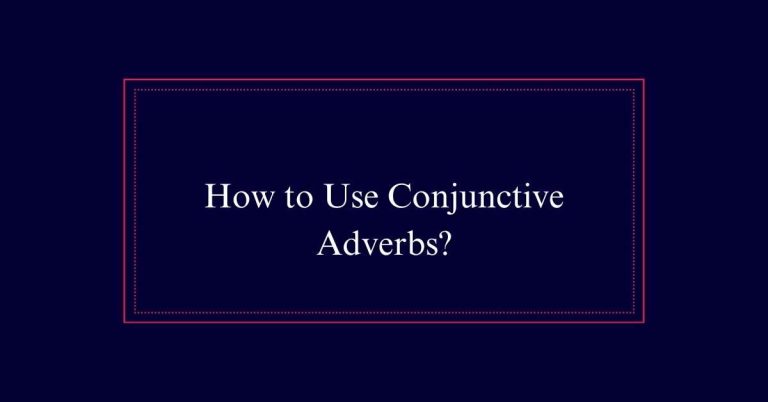Conditional Verbs
Conditional verbs are essential for conveying hypothetical, potential, or speculative situations. These verbs can be used in past, present, or future tenses, each expressing different meanings. Key auxiliary verbs include can, could, will, would, may, and might, which help convey various levels of possibility and likelihood. Conditional sentences fall into four types: Zero (general truths), First (real future events), Second (hypothetical present/future), and Third (past events that did not happen).
Understanding Conditional Verbs
Conditional verbs are essential components of conditional sentences, which describe hypothetical or unlikely situations. They can appear in past, present, or future tenses. Auxiliary verbs like can, could, will, would, may, and might play an important role.
For example, ‘could have been’ indicates a hypothetical past situation. ‘Would travel’ shows a future action dependent on having enough money. ‘Will come’ denotes a future event after completing an essay. Using the correct auxiliary verb is important for clarity.
Consistency in tense throughout the sentence is also critical. Practicing different conditional sentences helps in mastering their usage.
Types of Conditional Sentences
There are several types of conditional sentences, each serving a different purpose in conveying hypothetical situations. The most common types are Zero, First, Second, and Third Conditionals.
Zero Conditional is used for general truths or facts (e.g., ‘If you heat water, it boils’).
First Conditional talks about real and possible future events (e.g., ‘If it rains, we will stay inside’).
Second Conditional describes hypothetical present or future situations (e.g., ‘If I had a car, I would drive to work’).
Third Conditional refers to past events that did not happen (e.g., ‘If I had studied, I would have passed the exam’).
Hypothetical Situations Explained
Understanding the different types of conditional sentences is fundamental to grasping how hypothetical situations are expressed in English. Hypothetical situations often use conditional verbs to describe events that are imagined or unlikely.
For example, ‘If I had known, I would have acted differently.’ Here, ‘would have acted’ indicates a past hypothetical scenario. Similarly, ‘If I won the lottery, I would travel the world’ demonstrates a present hypothetical situation with ‘would travel.’
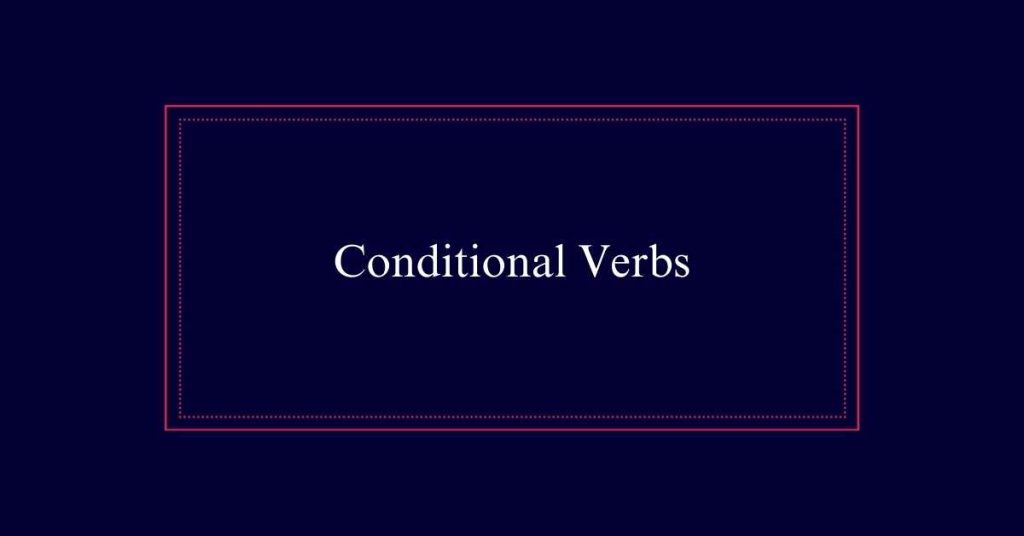
These sentences typically use auxiliary verbs like ‘would’ or ‘could’ to convey the hypothetical nature. Ensuring the correct verb form in each clause is vital for clarity.
Conditional Verbs in Tenses
Understanding the various tenses in conditional sentences is essential for accurate expression of time and likelihood. Conditional sentences can be in past, present, or future tense, each conveying different meanings.
For example, the present tense in conditional sentences often indicates general truths or habits: ‘If it rains, the ground gets wet.’ The past tense usually reflects hypothetical situations: ‘If I had known, I would have acted differently.’ Future tense suggests possibilities: ‘If she finishes her work, she will join us.’
Key Auxiliary Verbs
Auxiliary verbs like can, could, will, would, may, and might are often essential in forming conditional sentences. These verbs help express different levels of possibility, necessity, or permission.
For instance, ‘can’ and ‘could’ indicate ability or potential. ‘Will’ and ‘would’ denote future actions or polite requests. ‘May’ and ‘might’ suggest permission or probability.
Using the correct auxiliary verb is vital for conveying the intended meaning. ‘Can’ is used for present ability, while ‘could’ refers to past or hypothetical scenarios.
‘Will’ is straightforward for future events, whereas ‘would’ adds a conditional nuance. ‘May’ implies a higher likelihood than ‘might,’ which indicates a more uncertain possibility.
Examples in Practice
Now, let’s explore some practical examples to see how auxiliary verbs function in conditional sentences. Conditional sentences often use auxiliary verbs like ‘can’, ‘could’, ‘will’, ‘would’, ‘may’, and ‘might.’ Below is a table showcasing different conditional structures:
| Conditional Type | Example Sentence |
|---|---|
| First Conditional | If it rains, we will stay inside. |
| Second Conditional | If I had more money, I would travel the world. |
| Third Conditional | If she had studied, she could have passed. |
| Mixed Conditional | If I had known, I might be there now. |
Verb Form Consistency
Maintaining verb form consistency in conditional sentences is essential for clarity and coherence. In conditional sentences, matching the verb forms in the ‘if’ clause and the main clause guarantees the reader understands the relationship between the conditions and outcomes.
For example, in a Type 1 conditional sentence, use the present simple tense in the ‘if’ clause and the future simple tense in the main clause:
‘If it rains, we will cancel the picnic.’
In a Type 2 conditional, use the past simple in the ‘if’ clause and ‘would’ plus the base verb in the main clause:
‘If I had more time, I would travel.’
Tense Accuracy Tips
For precise and coherent conditional sentences, it’s important to maintain tense accuracy throughout. The main clause and conditional clause must have compatible tenses.
For example, in a first conditional sentence, use the present simple in the ‘if’ clause and the future simple in the main clause: ‘If it rains, we will cancel the picnic.’
In second conditional sentences, use the past simple in the ‘if’ clause and ‘would’ plus the base form of the verb in the main clause: ‘If I won the lottery, I would travel the world.’
Always make sure auxiliary verbs like ‘can’, ‘will’, ‘could’, and ‘would’ match the intended time frame of the conditional scenario. This precision guarantees clarity and effectiveness in communication.
How Do Predicate Nominatives Affect Conditional Verbs in Grammar?
When dealing with conditional verbs in grammar, the presence of a predicate nominative in grammar can significantly impact the sentence structure. The predicate nominative acts as a complement to the subject and helps to clarify the relationship between the subject and the verb in conditional statements.
Practice and Application
To master conditional verbs, engaging in consistent practice and application is essential. Practicing helps solidify understanding and guarantees correct usage in various contexts. One effective approach is to write conditional sentences in both hypothetical and real scenarios. Analyzing different sentence structures can also aid comprehension. Here’s a quick exercise to try:
| Condition Type | Example Sentence |
|---|---|
| Zero | If it rains, the ground gets wet. |
| First | If she studies, she will pass. |
| Second | If he were rich, he would travel. |
| Third | If they had known, they could have helped. |
